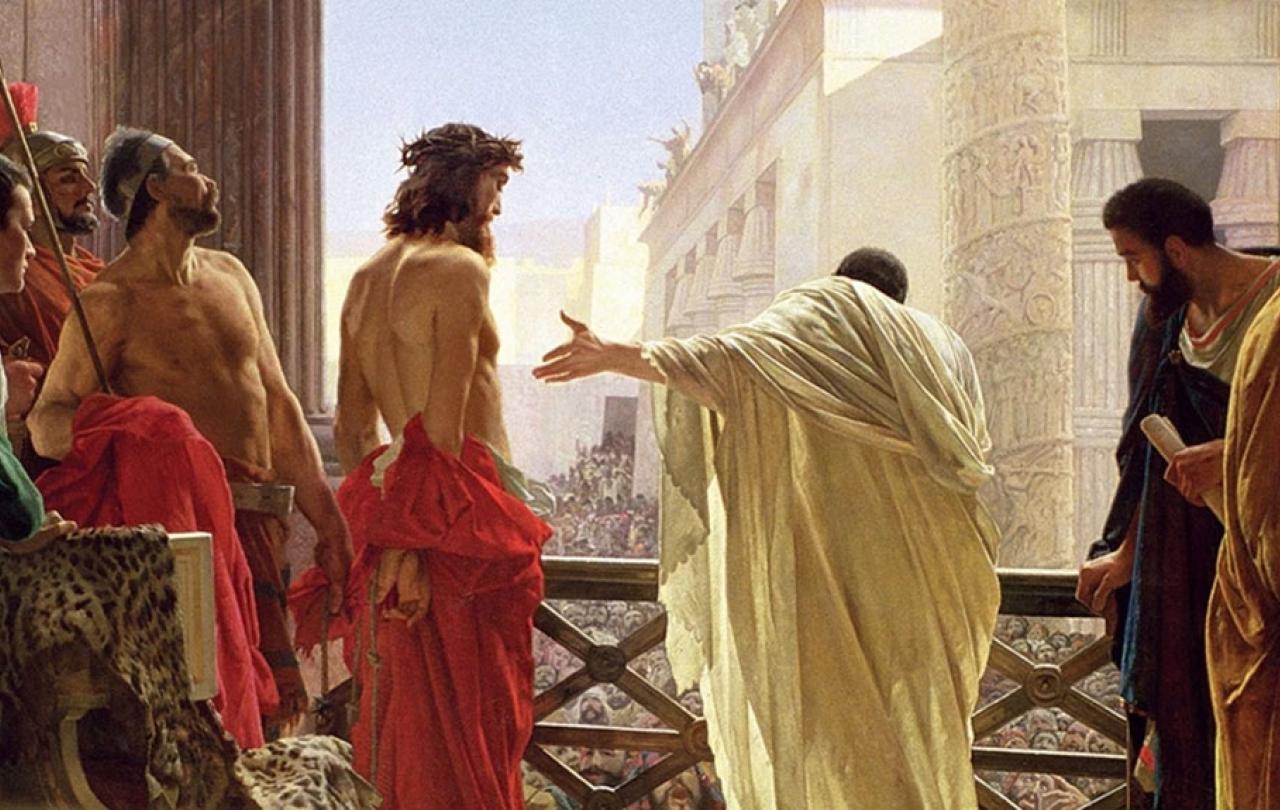
The Christmas Countdown
It’s the season to be jolly, stressed, and all round Christmassy. On the Seen & Unseen Aloud podcast, we’re here for you with our Aloud Christmas Countdown!
Every day in December, we’ll drop some of the best seasonal content from Seen & Unseen Aloud. From how to survive Christmas, reviews of the best Christmas movies and the origin story of Santa Claus.
For when you’ve got your hands full of mince pies and baubles, but you still want to hear some thoughtful content, subscribe to Seen & Unseen Aloud for the Christmas Countdown.
Subscribe to the podcast on Apple, Spotify, or Amazon.
Throughout the year, the Seen & Unseen Aloud brings you the week’s best articles, in a short 20 minute podcast episode. Browse the index for episodes from Seen & Unseen Aloud, Re-enchanting and GodPod.
Join with us - Behind the Seen
Seen & Unseen is free for everyone and is made possible through the generosity of our amazing community of supporters.
If you’re enjoying Seen & Unseen, would you consider making a gift towards our work?
Alongside other benefits (book discounts etc.), you’ll receive an extra fortnightly email from me sharing what I’m reading and my reflections on the ideas that are shaping our times.
Graham Tomlin
Editor-in-Chief





